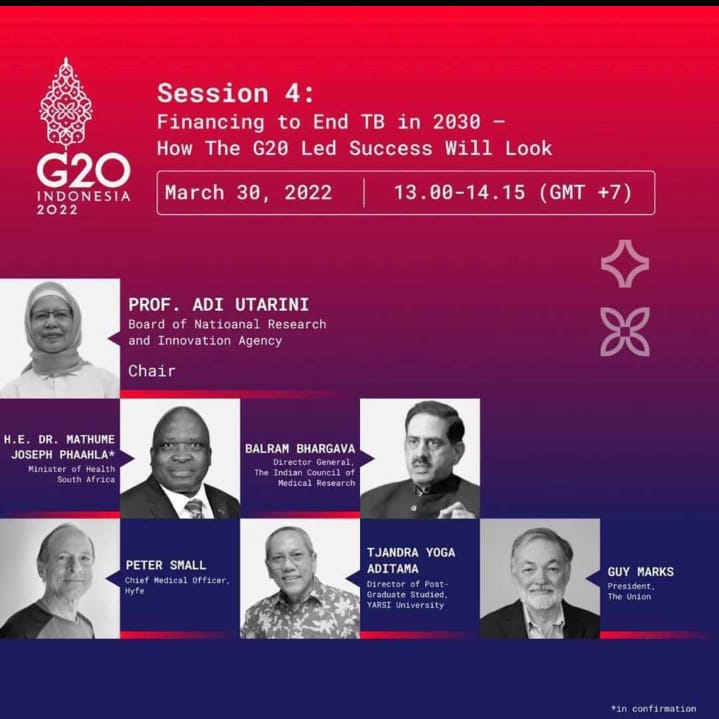
Adaptive Strategies: Future-Proofing Pandemic Response
As we stand on the precipice of an uncertain future, the need for adaptive strategies in pandemic response becomes increasingly apparent. This article delves into the evolving landscape of global health and explores the essential elements that can future-proof our ability to navigate and mitigate the impact of pandemics.
Learning from Current Challenges: A Call for Adaptability
Current challenges in global health, epitomized by the recent COVID-19 pandemic, emphasize the necessity for adaptability in our response strategies. The ever-changing nature of infectious diseases demands a proactive and flexible approach that can swiftly adjust to new and unforeseen threats. Learning from the ongoing crisis becomes a cornerstone for future pandemic preparedness.
Integrated Global Surveillance: Early Detection for Swift Response
Future-proofing pandemic response requires a paradigm shift in global surveillance. Integrated systems leveraging real-time data, artificial intelligence, and collaboration between nations can enhance early detection capabilities. By identifying potential outbreaks at their inception, we empower ourselves to mount a swift and targeted response, preventing the rapid spread of infectious agents.
Decentralized Healthcare Systems: Building Resilience Locally
The decentralization of healthcare systems emerges as a key strategy in future pandemic response. By bolstering local healthcare infrastructure, communities become more resilient to the initial impact of outbreaks. This approach ensures that even in the face of a global pandemic, localities are better equipped to manage cases, reducing strain on centralized healthcare facilities.
Community Engagement and Education: A Proactive Frontline
Empowering communities through education and engagement is instrumental in shaping a proactive frontline against future pandemics. Informed communities are more likely to adhere to preventive measures, report symptoms promptly, and participate in vaccination efforts. This grassroots involvement forms a crucial component of adaptive strategies, as communities become active partners in pandemic response.
Flexible Vaccine Development Platforms: Adapting to New Threats
The rapid development of vaccines becomes paramount in pandemic response. Future-proofing strategies involve the adoption of flexible vaccine development platforms. Technologies like mRNA, which proved successful in COVID-19 vaccine development, offer a template for adapting swiftly to new and emerging infectious agents, reducing the time from identification to deployment.
Global Collaboration for Resource Allocation: Strengthening Solidarity
In an interconnected world, global collaboration is indispensable. Future pandemic response requires mechanisms for efficient resource allocation, information sharing, and coordinated international efforts. Strengthening solidarity among nations ensures that resources such as medical supplies, personnel, and expertise are distributed equitably to where they are needed most during a crisis.
Technological Innovations in Telemedicine: Remote Healthcare Solutions
Telemedicine emerges as a transformative force in future pandemic response. Advancements in technology facilitate remote healthcare solutions, ensuring that medical consultations, monitoring, and even diagnostic services can be delivered without physical proximity. This not only reduces the risk of disease transmission but also enhances accessibility to healthcare during pandemics.
Environmental Considerations: Addressing the Root Causes
Future-proofing pandemic response extends beyond healthcare to address environmental considerations. Recognizing the interconnectedness of ecological health and human health, strategies should aim to mitigate environmental factors contributing to the emergence of infectious diseases. This holistic approach tackles the root causes, creating a more sustainable and resilient future.
Investing in Research and Development: A Continuous Endeavor
Adaptive strategies hinge on a continuous commitment to research and development. Allocating resources to understand emerging threats, study novel pathogens, and innovate in medical technologies is essential. Investing in R&D ensures that our knowledge base and tools for pandemic response remain at the forefront of scientific advancements.
In conclusion, future-proofing pandemic response demands a multifaceted and adaptive approach. Learning from current challenges, integrating global surveillance, decentralizing healthcare, engaging communities, adopting flexible vaccine platforms, fostering global collaboration, embracing telemedicine, addressing environmental factors, and continuous investment in research and development collectively pave the way for a more resilient and responsive global health system.
Explore more about Future Pandemic Response at www.greencitizens.net


